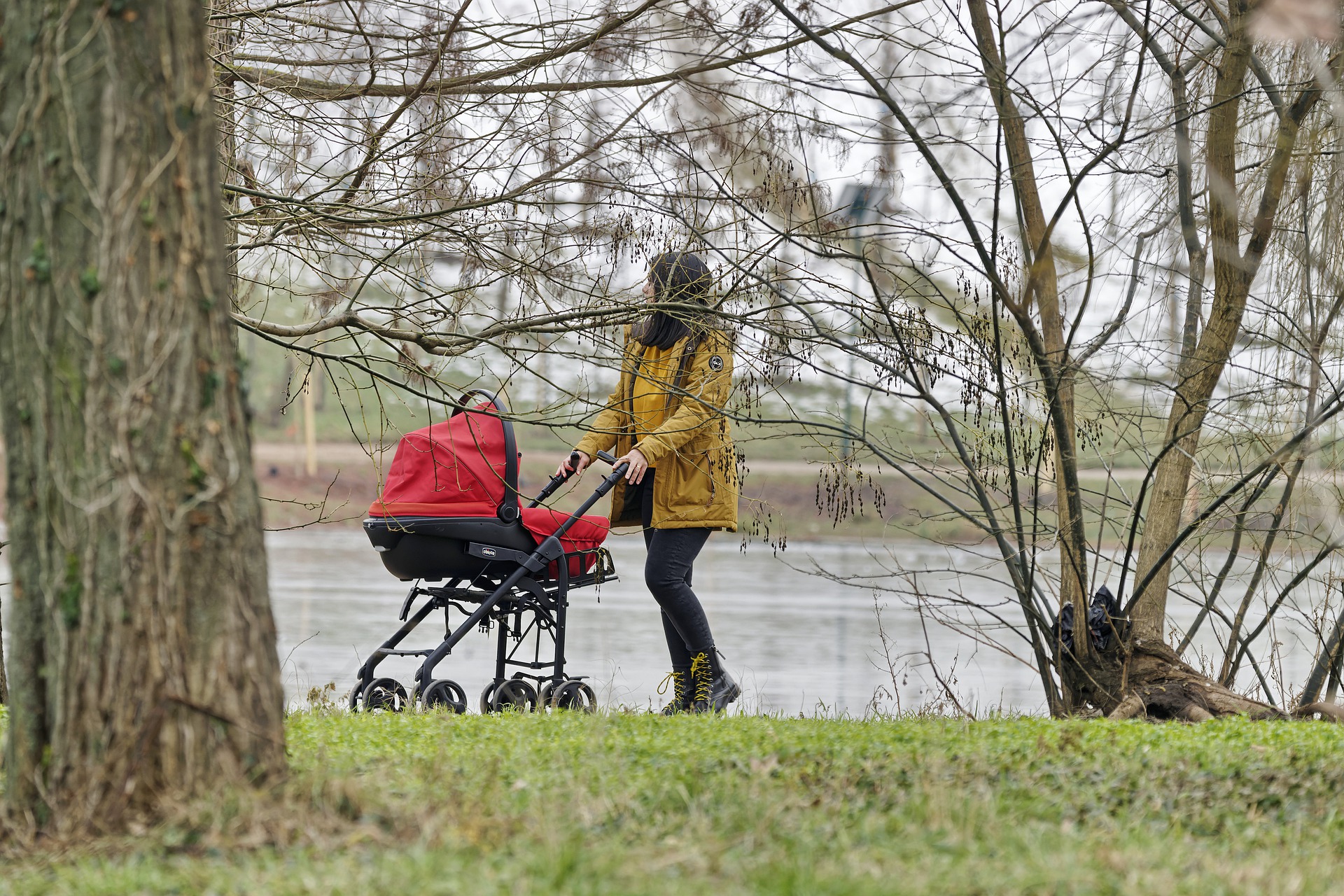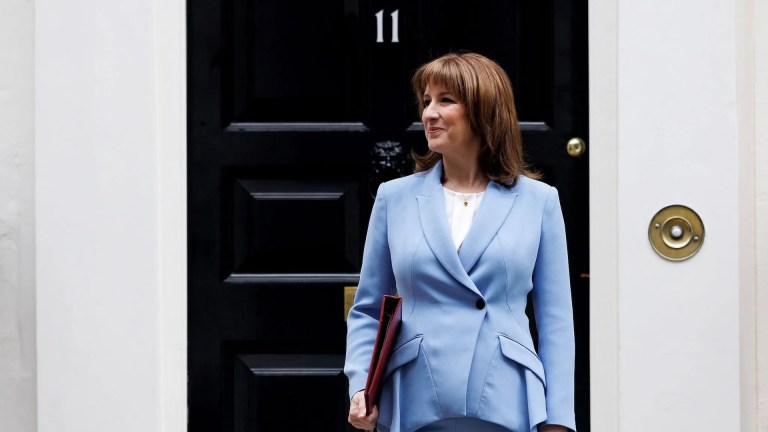“This poll dramatically underlines public concern about growing social inequality.”
The Covid crisis has led to an alarming rise in the number of people unemployed in the UK and the economy has suffered its sharpest drop in modern history. Unemployment hit 5 per cent at the last count, or more than 1.7 million people, and that figure is only expected to rise.
The survey of 4,693 adults in the UK, carried out by YouGov, found 33 per cent believed inequality had increased by a lot, with 47 per cent of respondents believing employment should be prioritised by ministers in the aftermath of the pandemic.
More than half the public said they didn’t believe people who are the least well off are getting enough support. In last week’s Budget Chancellor Rishi Sunak extended the £20-a-week increase to Universal Credit to help struggling families, but charities accused the Government of “postponing the pain” for those who couldn’t face a cut in their income.
Harry Quilter-Pinner, director of research and engagement at think tank IPPR, told The Big Issue the public were “right to be concerned” about increasing inequality during the pandemic.
Advertising helps fund Big Issue’s mission to end poverty
“People on lower incomes are more likely to have been made unemployed. People from ethnic minority communities are more likely to have contracted the virus and face greater financial hardship. And children from disadvantaged backgrounds have lost the most education and have the least support available to them,” he said.
“In its response to the crisis, the government must not just aim to restore us to our unequal and divided pre-pandemic state, but must work proactively to close these inequalities and build a more resilient, prosperous economy. After all, a fairer economy is a stronger economy.”
The findings also highlighted “significant” public concern about mental health. 55 per cent of those interviewed said the pandemic had impacted mental health the worst, with 46 per cent wanting the Government to address this going forward.
James Harris, associate director of campaigns and communications at Rethink Mental Illness, said the pandemic had “shone a spotlight” on social inequalities which can make mental health problems worse.
“While the easing of restrictions should reduce feelings of social isolation in the near future, the impact of the pandemic on factors which exert a strong influence on our mental health, such as employment, housing and financial security, will be felt for years to come,” he said.
Advertising helps fund Big Issue’s mission to end poverty
“It’s vital that the Government acknowledge the needs of the most disadvantaged groups where the mental health impact is most acute, offering a better social contract on which people can build their lives.”
Cooper added: “Government, employers and educators should listen and act. The most disadvantaged – at home, school or work – should now be put centre stage in any recovery plan.”









